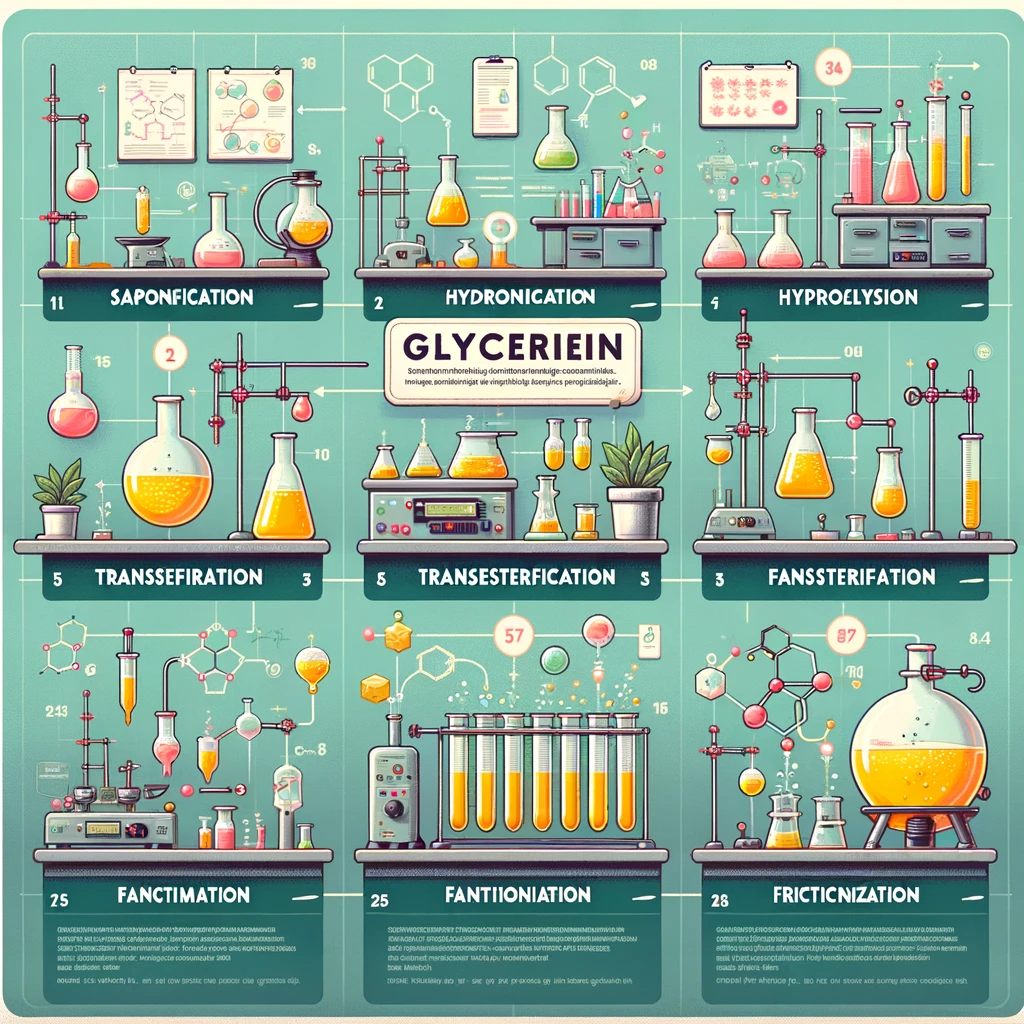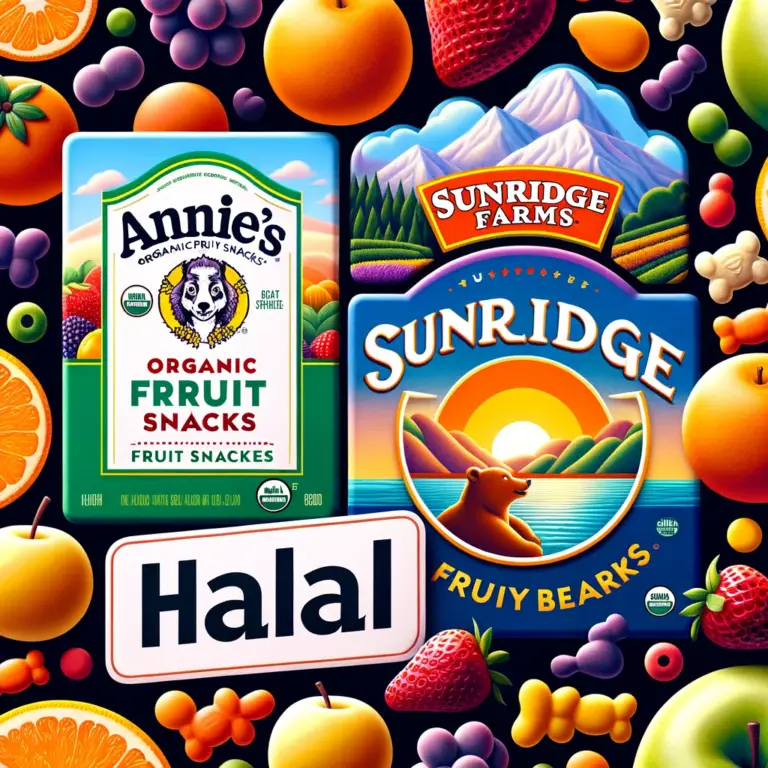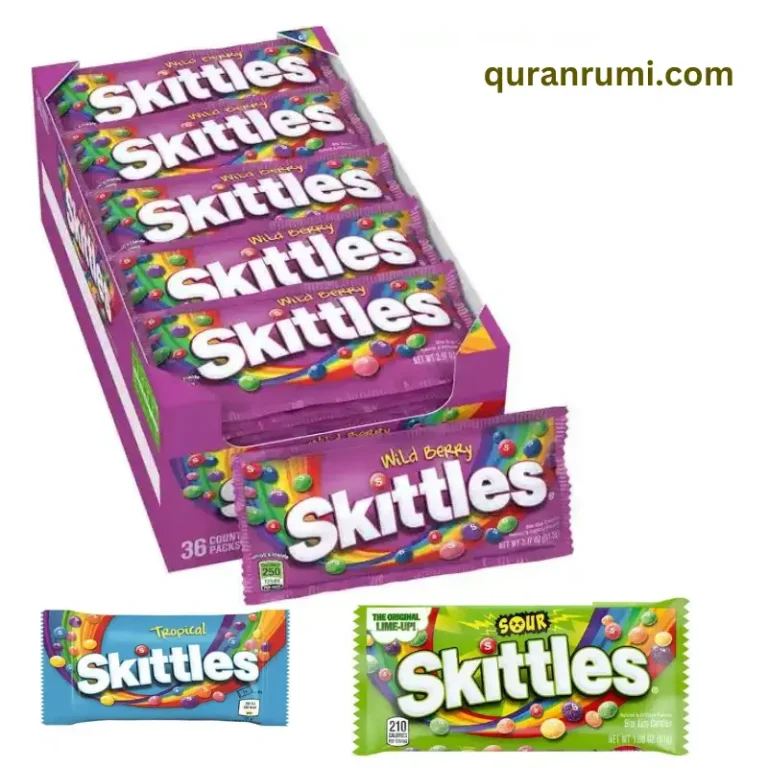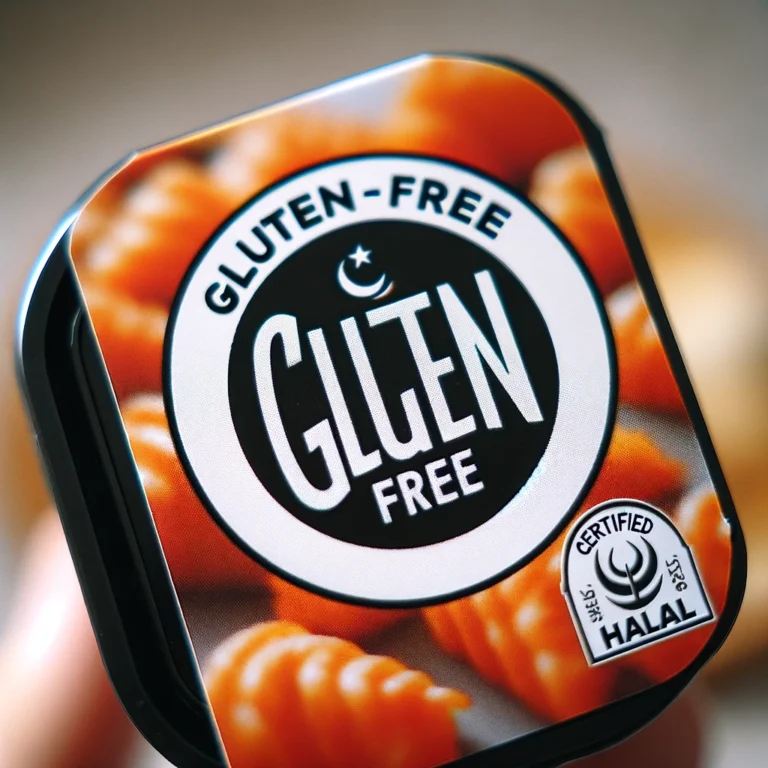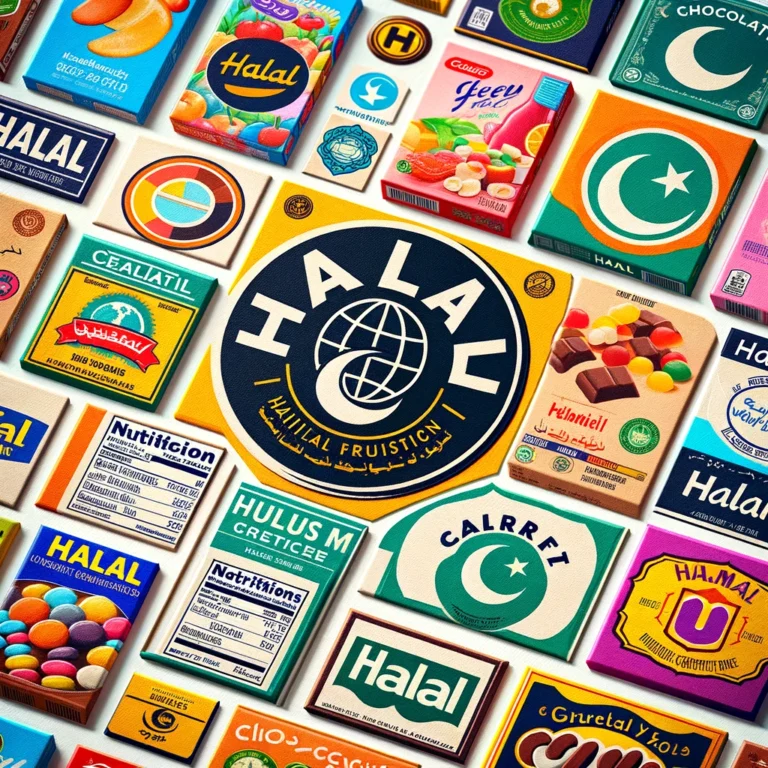Is Glycerin Halal?
Glycerin, also known as glycerol, is a popular ingredient used across foods, pharmaceuticals, personal care and even vaping products. But there is an ongoing debate around whether glycerin sources come from vegetable or animal fats. This brings up the important question – is glycerin halal?
As a Muslim consumer concerned about halal status, it can get tricky trying to determine if glycerin is halal-compliant. This comprehensive guide will provide an in-depth analysis on glycerin sources, manufacturing processes, certifications and alternatives to clear up confusion.
Overview of Glycerin Uses and Applications
Glycerin (C3H8O3), also known as glycerol or glycerine, is an odorless, thick liquid compound known as a polyol. It acts as a humectant that retains moisture and has a sweet taste.
Some major uses across industries:
- Foods: Sweetener, emulsifier, preservative in candy, dressings, margarine.
- Pharmaceuticals: Cough syrups, herbal tinctures, pill/capsule ingredient
- Personal Care: Moisturizer, cleanser, toothpaste, makeup, creams
- Tobacco: Keeps cigarettes and vaping e-liquids moist
- Industrial: Paints, lubricants, alkyd resins, explosives
This versatile compound can come from either animal fat or vegetable oil sources through processes like:
- Hydrolysis
- Saponification
- Transesterification
Now let’s analyze specific glycerin sources and manufacturing methods to determine halal status for observant Muslim consumers.
Determining Halal Status of Glycerin
The halal compliance of glycerin depends on:
- Source – Vegetable vs animal fats
- Manufacturing – Chemical vs fermentation methods
- Certifications – Presence of halal symbols
Image credit: Bilal Assalam
Glycerin from Animal Fats
Glycerin derived from animal fats carries more ambiguity compared to plant sources:
✘ Clearly haram if from pork lard byproducts
❓ Unclear if halal animal fats are processed without impurities
- One perspective: Glycerin from halal animals slaughtered Islamically may be halal if highly purified during manufacturing with all impurities completely removed.
- But others argue: Complex mechanized manufacturing makes it near impossible to remove all impurities from animal byproducts.
So glycerin from animal fats, even halal animals, remains questionable among different Islamic scholars and Mexican certifiers.
Glycerin from Vegetable Oils
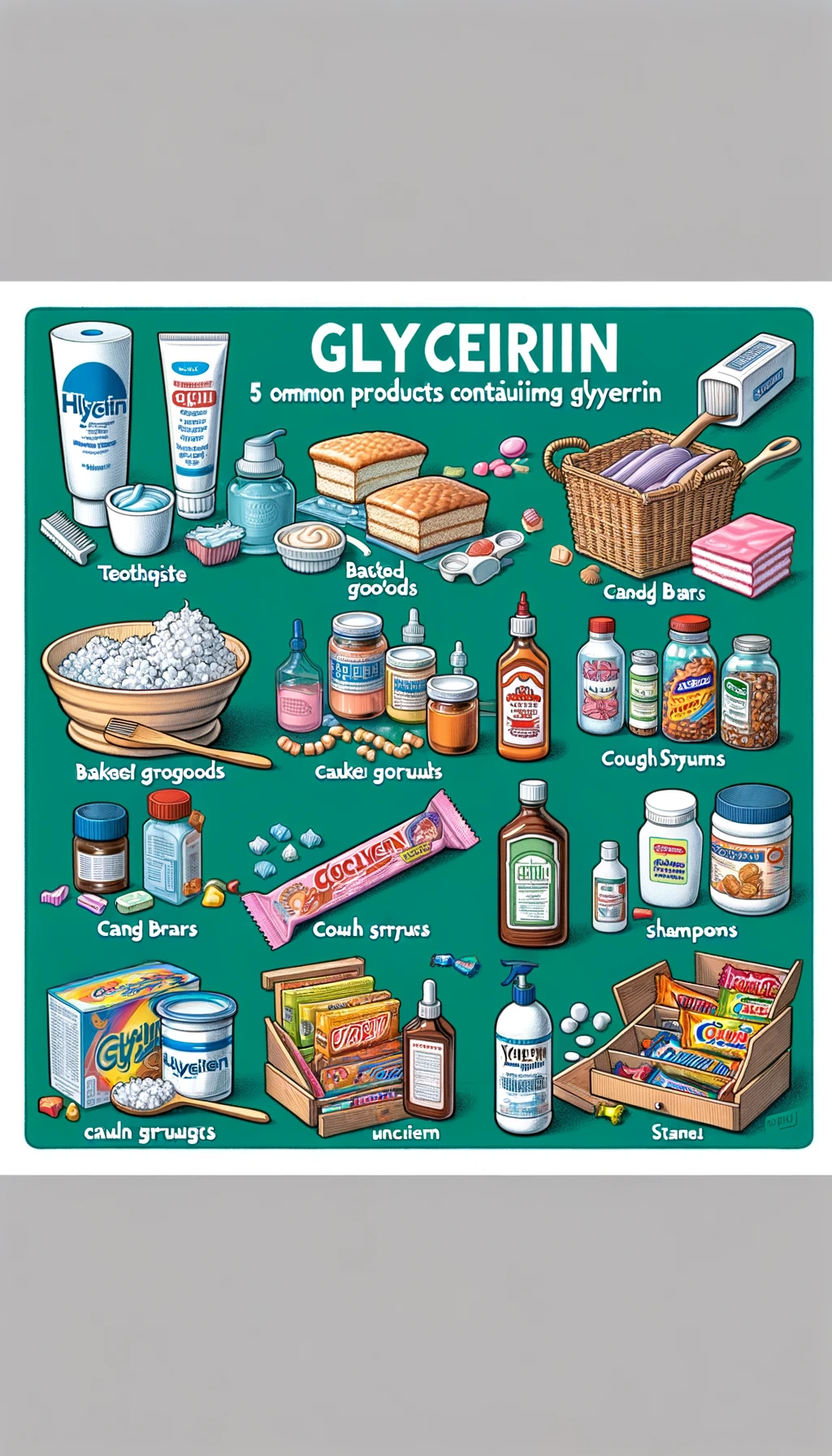
Glycerin derived from plant-based oils like:
- Coconut
- Palm
- Soybean
Would generally be considered halal through chemical processes like:
- Hydrolysis
- Saponification
- Transesterification
*But as a consumer, verifying manufacturing practices of chemically-processed oils gets very difficult without halal certification symbols from inspection agencies.*
Glycerin from Fermentation Processes
A cleaner option is opting for vegetarian glycerin production using natural fermentation and enzymatic bioprocesses without excessive chemical manipulation of plant oils.
- Microbes like yeast or bacteria ferment vegetable sources like soybeans or corn.
- Glycerin gets distilled and purified through crystallization without added chemicals.
This traditional food science method aligns with age-old techniques used to produce vinegar, cheeses, etc. Fermented plant glycerin reassures halal integrity for observant Muslims.
How Glycerin Is Used in Foods
For Muslim consumers, verifying halal integrity matters most when it comes to food additives and sweeteners:
- Baked goods
- Candy
- Dairy
- Sauces
- Fruit drinks
Observant Muslims want reassurance that common chemicals like glycerin do not contain hidden animal fats or alcohol residues when included in food products.
Global manufacturer Nestle states their glycerin comes from vegetable-based sources for this reason. Large corporations have strict internal policies, but smaller food companies likely do not.
Glycerin in Personal Care and Cosmetics
Ingredients in personal care and cosmetics also need careful scrutiny since skin absorbs traces of everything:
- Lotions
- Soaps
- Toothpaste
- Makeup and lip care
With secretive product formulas and complex supply chains,HALAL INTEGRITY GETS Blurry:
- Traceability is challenging
- Haram contamination risks increase
So halal certification becomes even more critical for these consumer products to avoid ingesting doubtful ingredients.
How Industrial Glycerin Is Manufactured
Common chemical manufacturing processes that Muslim consumers should understand:
Transesterification
- Catalysts chemically alter plant oils into esters and glycerin
- Involves alcohol, pressure, heat
- Purified through distillation
✘ Risk of alcohol residues
✘ Incomplete purification
Hydrolysis
- Water splits fatty acids from oils chemically
- Heat and pressure
- Followed by distillation
❓ Possible fatty acid impurities
Saponification
- Ancient process with lye hydroxides
- Heat speeds up soap formation
- Vacuum processing purifies glycerin
✘ Chance of left over impurities
✘ “Lye-derived” signals animal origins
As we see, chemically processing vegetable oils has potential for haram substances to infiltrate glycerin during production phases.
How Glycerin Achieves Halal and Kosher Certification
Observant Jewish, Muslim and vegetarian consumers rightly have concerns around chemically-manipulated ingredients like conventional glycerin.
Reputable halal and kosher logos offer assurances that ingredients comply with religious dietary regulations. Accreditation agencies certifying glycerin manufactures include:
- Organizations: HFSAA, IFANCA, JAKIM, MCC
- Manufacturers: Wilmar, P&G Chemicals
”100% Plant-Based Glycerin” also indicates transparent, vegetarian-friendly manufacturing.
DIY vegetable glycerin can be produced safely at home using coconut and olive oils for full control over the process.
Final Thoughts on Glycerin for Muslim Consumers
Verifying the halal status of refined chemicals like glycerin proves tricky with complex supply chains. Seeking vegetable oils and natural fermentation methods offer more confidence for observant Muslims.
Collective consumer voices have power to pressure corporations towards higher integrity ingredients aligned with religious values. Halal and kosher certifications bridge crucial gaps between consumer interests and manufacturing priorities as companies expand globally.
This comprehensive analysis on “is glycerin halal” aimed to uncover clarity for mindful buyers through deeper investigation.
- Which summary points were most helpful?
- What other concerns around halal products should we address in future articles? Let me know in comments!

